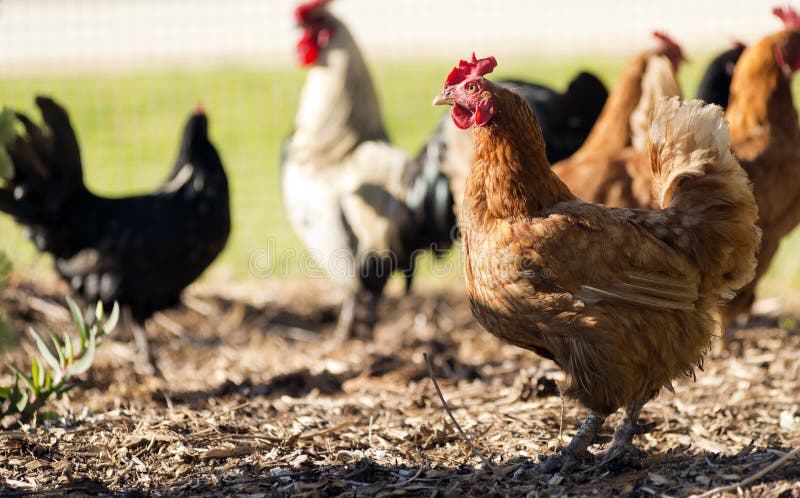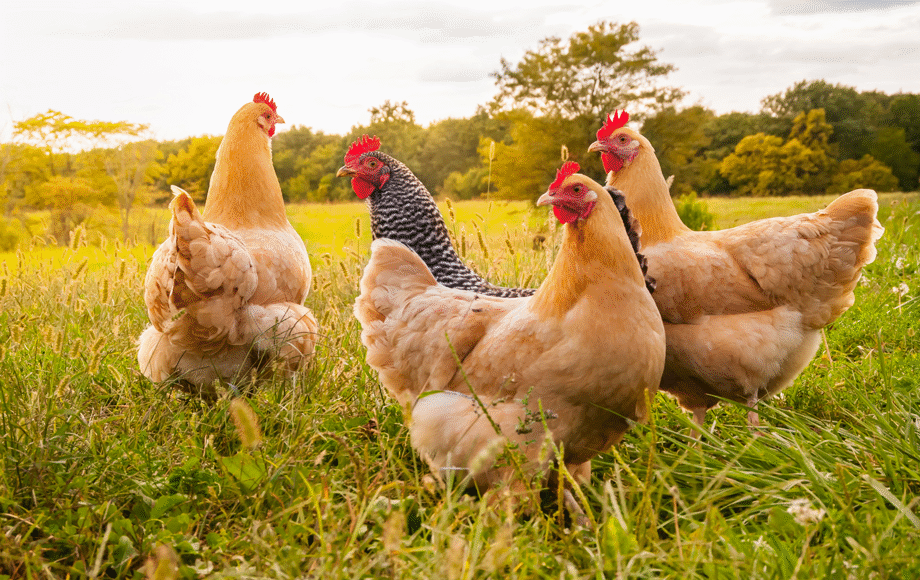Are you a chicken enthusiast looking to enhance the well-being of your flock? Have you ever wondered how to make herbal nesting box blends that are both beneficial and easy to prepare? This article will guide you through the process and advantages of creating your own herbal nesting box blends, ensuring a healthier and more comfortable environment for your hens.

The Benefits of Herbal Nesting Box Blends
Before we dive into how to make herbal nesting box blends, let’s explore why theyre so beneficial for your chickens. Herbal blends not only provide a pleasant aroma but also offer numerous health benefits. Incorporating herbs can deter pests, promote relaxation, and improve the overall atmosphere of the chicken coop.
Enhancing Chicken Health
Herbs like lavender, mint, and chamomile can reduce stress and anxiety in chickens. These herbs have calming properties that help in soothing the birds, especially during laying periods. Additionally, certain herbs can act as natural dewormers, promoting a healthy digestive system. For more on natural dewormers, visit natural dewormers.
Pest Control
Using herbs like rosemary and sage can help in keeping pests such as mites and lice at bay. These herbs possess natural repellent properties, providing a chemical-free solution to pest control. If you’re interested in more natural ways to prevent parasites, check out natural parasite prevention.
Gathering the Right Ingredients
Creating a herbal nesting box blend requires careful selection of herbs. You want to choose herbs that are safe and beneficial for chickens. Here’s a list of some commonly used herbs:
- Lavender – Known for its calming properties.
- Mint – Helps in digestion and repels pests.
- Rosemary – Acts as a natural insect repellent.
- Sage – Enhances respiratory health.
- Chamomile – Reduces stress and anxiety.
For a comprehensive list of safe herbs, visit safe herbs for chickens.
Step-by-Step Guide on How to Make Herbal Nesting Box Blends
Step 1: Drying the Herbs
Begin by drying your chosen herbs. You can either air dry them or use a dehydrator. Ensure the herbs are completely dry to prevent mold growth.
Step 2: Mixing the Herbs
Once the herbs are dried, mix them in a large bowl. You can adjust the ratio based on your preference, but a good starting point is equal parts of each herb.
Step 3: Storing the Blend
Store your herbal blend in an airtight container to maintain its freshness and potency. Keep it in a cool, dry place away from direct sunlight.
Step 4: Using the Blend
Sprinkle the herbal blend in the nesting boxes and refresh it regularly to maintain its effectiveness. This not only benefits the chickens but also keeps the coop smelling pleasant.
Additional Tips for Optimal Use
Regularly changing the straw or bedding in the nesting boxes will enhance the effectiveness of the herbs. Ensure that the coop is well-ventilated to maintain a fresh and healthy environment. For more insights on nesting box management, refer to nesting box tips.
Common Mistakes to Avoid
While making herbal nesting box blends is straightforward, there are common mistakes to avoid. Do not use herbs that are toxic to chickens, and always ensure the herbs are free from pesticides and chemicals. Additionally, avoid overloading the nesting boxes with herbs, as this can cause respiratory issues.

Frequently Asked Questions
What are the best herbs for nesting boxes?
Lavender, mint, rosemary, sage, and chamomile are excellent choices for nesting boxes due to their health benefits and pest-repelling properties.
How often should I change the herbal blend?
It’s advisable to refresh the herbal blend every couple of weeks or whenever you change the bedding in the nesting boxes.
Can herbs completely eliminate pests?
While herbs can reduce the presence of pests, they may not completely eliminate them. Regular coop maintenance and hygiene are also crucial.
Incorporating herbal nesting box blends into your chicken care routine is a wonderful way to enhance your flock’s health and happiness. By following these guidelines, you’ll create a more comfortable and friendly environment for your hens. For more tips on chicken care, visit natural chicken products.
This article contains affiliate links. We may earn a commission at no extra cost to you.











